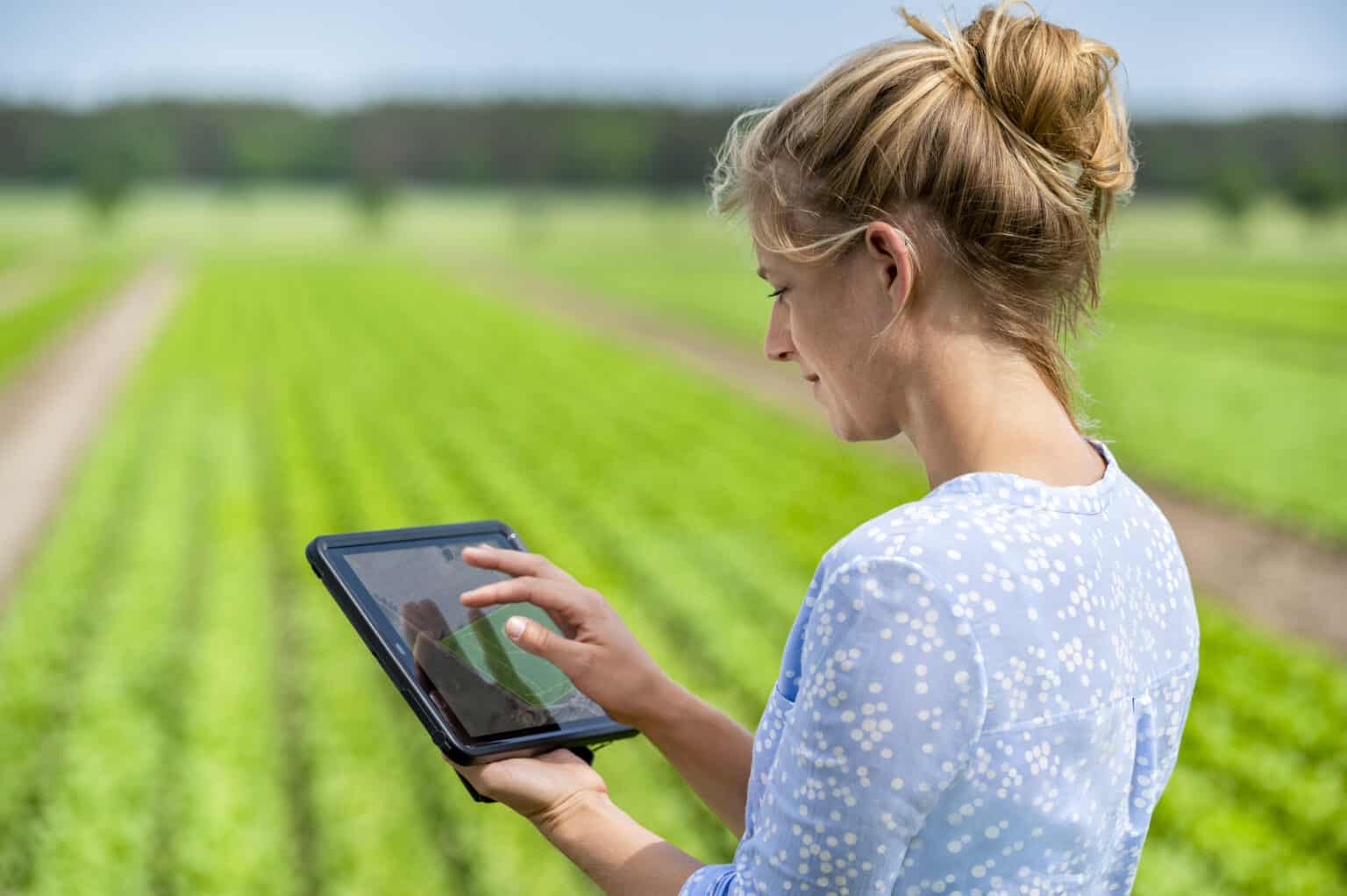The Rewards of Vegetable Gardening
You should think of building a home vegetable garden if you like to get fresh produces within the summer and spring. Growing a vegetable garden can be a fun and healthy hobby that anyone can excel at.

While gardening, you may find that your troubles and stresses through the day simply float away. Home vegetable gardening relieves stress and permits you to be out in the sunshine. Vegetable gardening is shown to lower blood pressure levels and clear the mind. Also, the action of nurturing plants and watching them grow is quite soothing. And it may look good too!
The Benefits of Organic Gardening
One great aspect of home vegetable gardening is it does not require a variety of chemicals. Therefore, home vegetable gardening allows you to get more natural, juicy, and healthier vegetables which can be also better to the environment. Also requires a large toll on the environment, although using lots of chemicals on vegetables is not merely unhealthy for your body. Growing your personal vegetable garden and ultizing less chemicals yields natural food.
Organic vegetables are always the ideal-tasting mainly because they is definitely not picked until they are completely ripe and you are ready to choose them. One more pro of growing your personal organic vegetable garden is that it will save you money. As an alternative to buying your entire organic vegetables at the store, you will have your personal collection of vegetables at your disposal without notice them.
Anyone can produce a home vegetable garden. Provided that you have dirt somewhere, you may create an outside vegetable garden inside the solid ground. Although you may don’t use a plot of dirt, you can get a couple of pots and create a container garden.
Vegetable Gardening on Solid Ground
Should remember these simple thoughts, before you start your vegetable garden: , and soil.location and size
First of all, we’ll discuss the place. You have to plot your garden within an area with plenty of shade and sufficient drainage. You have to nurture your plants by putting them inside a place that receives about 6 hours of sunlight each day. Every plant is unique and requires a different quantity of light, nevertheless the average is 6 hours each day.
Therefore, do not plot a garden within a shady place! Also, ensure that your garden has adequate draining. Water will flood your plants in the wet season; this is a common mistake that many beginning planters make if you place a garden at the end of a hill. You are going to prevent your vegetables from drowning, by locating your gardens away from bottoms of hills as well as other spots where water is likely to collect!
Second, of most, let’s focus on size. You must select how big you need a garden being initially. Remember that you should get started small, and expand later; otherwise how big the garden may overwhelm you. I recommend getting started by using a garden space of 25 sq ft or less. When you have the hang from it, you can expand your vegetable garden all the as you wish.
Third, let’s speak about soil. Soil is amongst the most important elements of gardening, so it is very important to have good soil to make a good garden. The very best form of soil is slightly loose and easy to till. Therefore, stay away from soil that may be hard-packed. In case your yard lacks plenty of good soil in it, it is possible to fix this problem by using mulch or compost in your garden. Alternatively you can get good soil from your local nursery.
Mulch is often an organic covering, like straw, leaves, compost, or peat that one could cover a garden with to enrich the soil, prevent weed growth, and prevent excessive evaporation water. Compost contains any organic particle, like dead leaves, manure, or (most frequently) kitchen scraps. People put compost in their yards to boost the soil and provide nutrients for plants. Composting kills two birds with one stone; it is perfect for your cuts and garden on your trash.
And soil of your garden, you will have a booming vegetable garden in no time, if you address thesize and site. Also, some of these tips will even help those of you who choose to experience a container vegetable garden.
Vegetable Gardening in Containers
Container gardening is the greatest type of gardening for lots of people. If you do not have a very good plot of land to garden on, container gardening is your best bet. This is basically the most practical way to garden for those of us not fortunate enough to have large plots of soiled land to garden on.
There are several pros to container gardening. You can place your plants wherever you would like: inside your family room, on your patio, etc., to be able to add color and radiance wherever you would like. With container gardening, you can actually place plants wherever they receive the best growing conditions. You will get fewer pests eating your plants should they be in containers instead of in the earth. That’s another pro.
Although virtually any plant will grow all right within a container, there are many that grow exceptionally well in containers. These are typically: salad eggplant, greens, tomatoes and spinach Swiss chard, peppers, beets and radish and bush beans.
The Love of Vegetable Gardening
Vegetable gardening is very rewarding since it makes you feel much better, less stressed, and produces delicious vegetables so that you can eat. You’ll love to have a garden vegetable of your very own to have a tendency to and eat from if you love the new vegetables at farmer’s market.
To read more about consulting company for outdoor vegetable growing in Germany and Spain view our web portal: here


